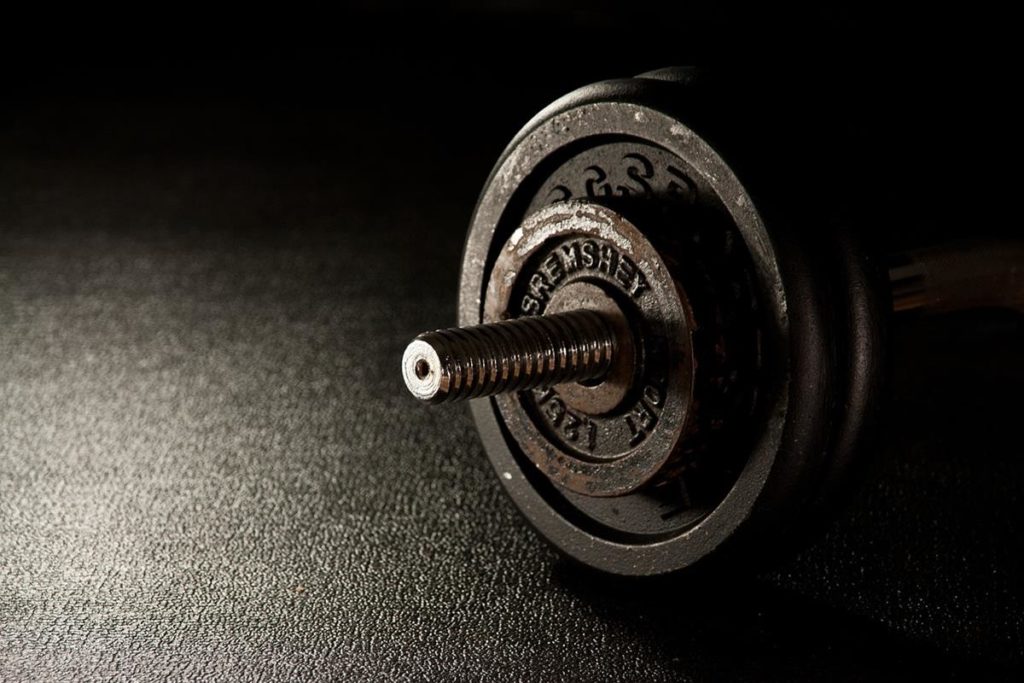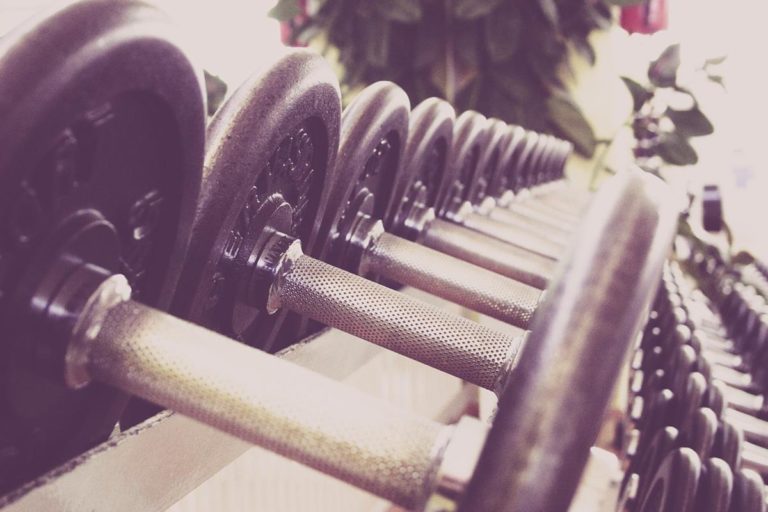
Citrulline – a real muscle pump effect
Citrulline is a dietary supplement, which from a chemical point of view is an amino acid.
It’s produced naturally in the human body, but there’s nothing stopping you from supporting your already overworked body by supplying it with food or in supplement form. It can also be found in natural fruits such as pumpkin, watermelon or beet juice.
Citrulline functions
Citrulline performs many interesting functions in the human body. Among the most important of these are:
– Participation in the urea cycle. Ammonia found in the human body is toxic.
Citrulline takes part in the urea cycle, transforming it into urea which is efficiently removed with sweat or urine. This results in efficient cleansing of the body and its better regeneration.
– Improves circulation and dilates blood vessels. This function is highly appreciated by athletes, especially those who regularly work out at the gym. During their exercises, muscles work very intensively. This requires a good supply of oxygen and nutrients carried with the blood. Citrulline indirectly widens blood vessels (thanks to arginine and nitric oxide II produced), facilitating blood flow to muscles. This provides them with a good build-up, oxygenation and the effect of the so-called muscle pump. Thanks to this it is also used in problems with high blood pressure or erection problems.
Check: https://crossthelimits.co.uk/c/fatweightloss/

Forms and use of citrulline
Citrulline is available in the most popular and cheapest citrulline monohydrate. However, you can also find the more absorbable and more expensive citrulline malate. In practice, it should be better absorbed and broken down which contributes to better performance. People who take the latter say that regeneration after the workout is even better and they don’t feel the so called “soreness” i.e. increased concentration of lactic acid in blood.
A proper citrulline supplementation consists in taking a dose of 4-6g every day.